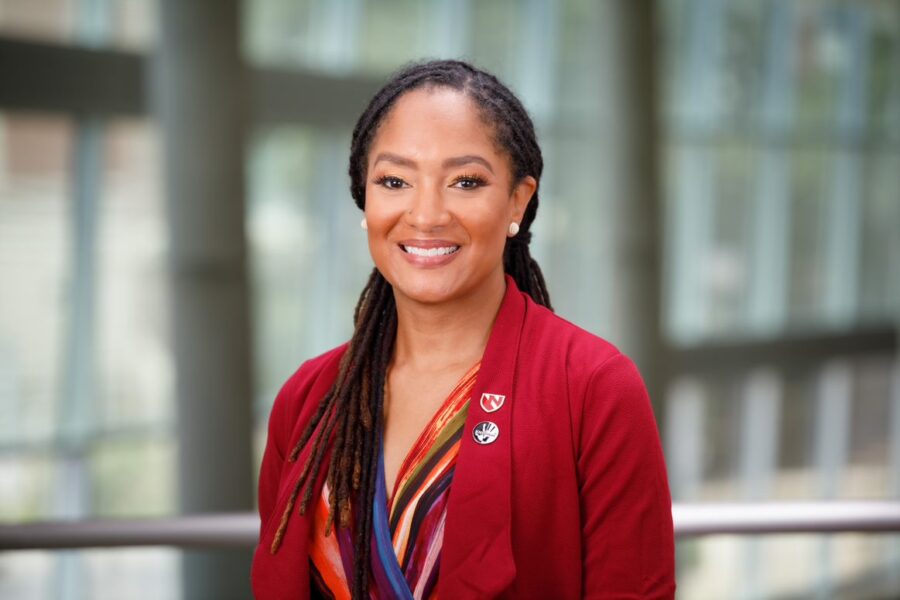Community health workers, Black History Month and local initiatives took center stage in the Conversations for Inclusive Excellence event held in February.
Attendees discussed how more community health care workers could provide a potentially significant impact on the health needs and health disparities of the underserved and underrepresented in the Omaha community.
A TED Talk video, presented by Raj Panjabi, MD, concerned a movement to use health care workers to bring care to the doorsteps of those who lack access.
“Despite modern innovations, the most remote communities are being missed or are too hard reach,” said Dr. Panjabi.
Using his experience as a physician in Liberia, Dr. Panjabi pointed to community health care workers as a solution that could be translated to the health care needs of rural Nebraska and often isolated minority communities in Omaha.
Like the populations that Dr. Panjabi has served in Liberia through his Last Mile nonprofit, African Americans in the United States also experience higher rates of infant mortality, are less likely to be COVID-19 vaccinated and more likely to live in food and medical deserts.
UNMC and Nebraska Medicine are finding solutions using community health workers in Nebraska.
Sheritta Strong, MD, assistant vice chancellor of campus engagement, acknowledged the recent UNMC College of Public Health and Nebraska Perinatal Quality Improvement Collaborative grants and the UNMC Dusk to Dawn project — three UNMC initiatives that could improve the safety, maternal morbidity rates and address the most persistent health disparities for African American and other underrepresented and rural populations through the training of health care workers and partnerships within the community.
“Our will to serve others can help transform our conditions,” Dr. Panjabi.
